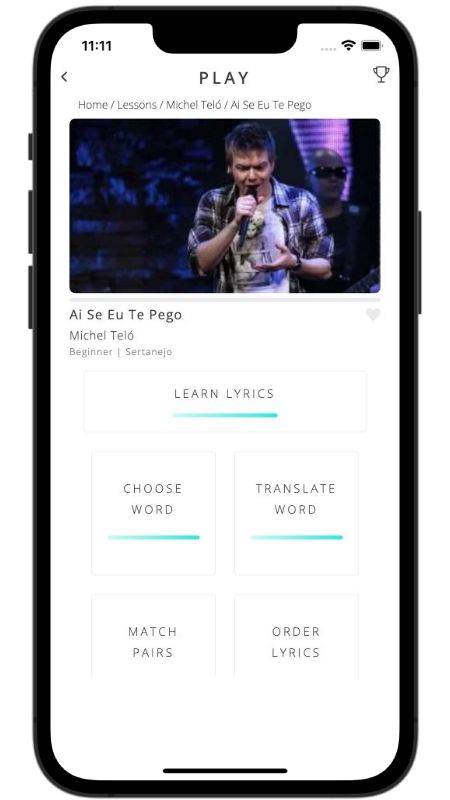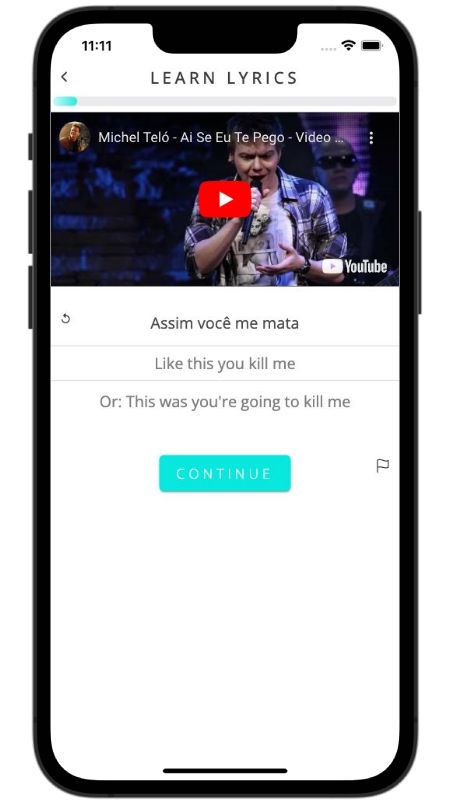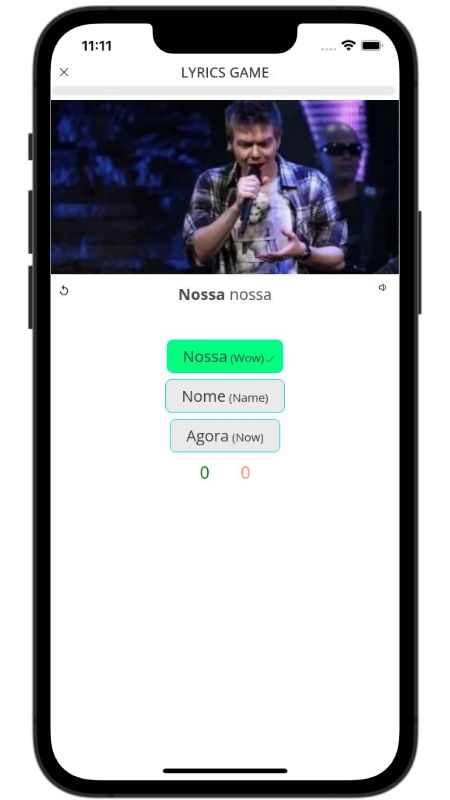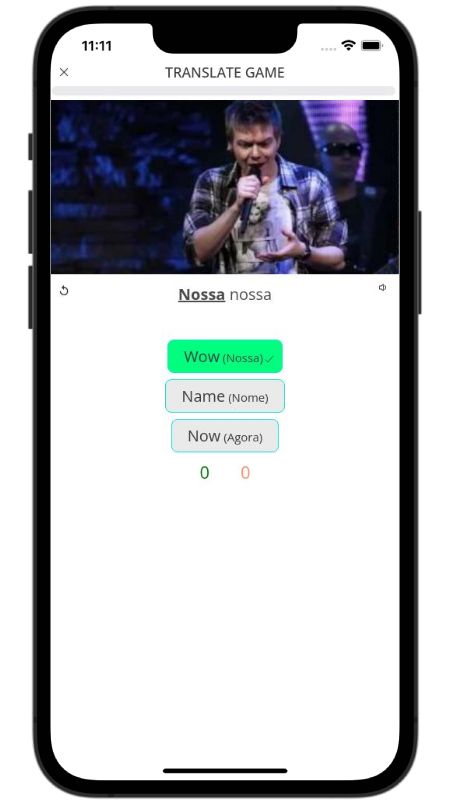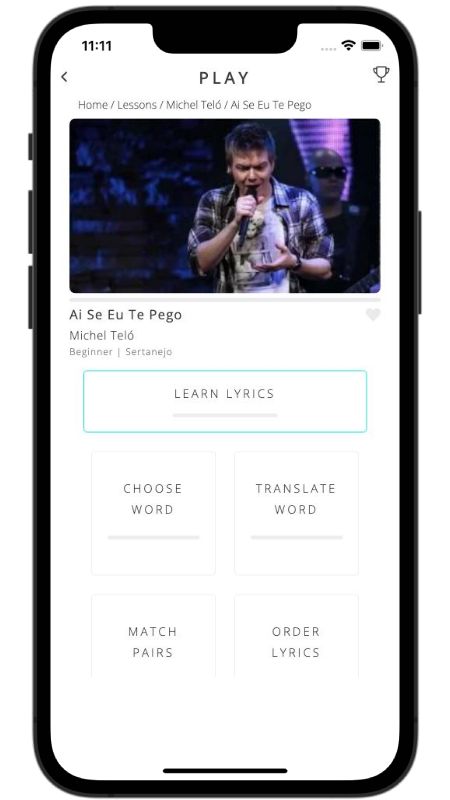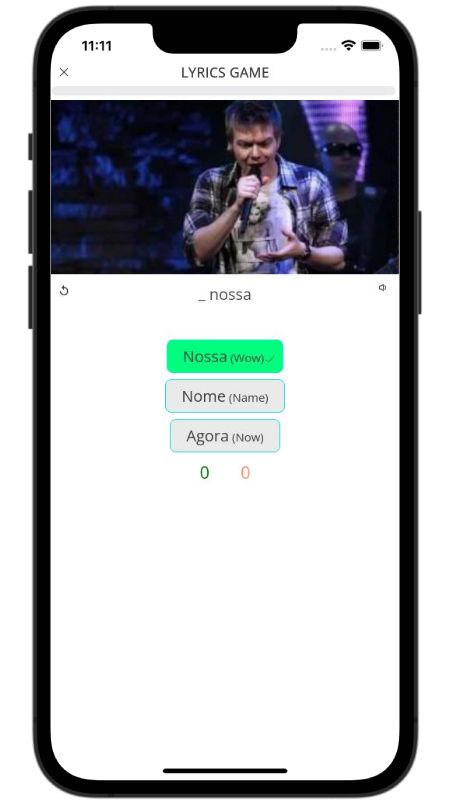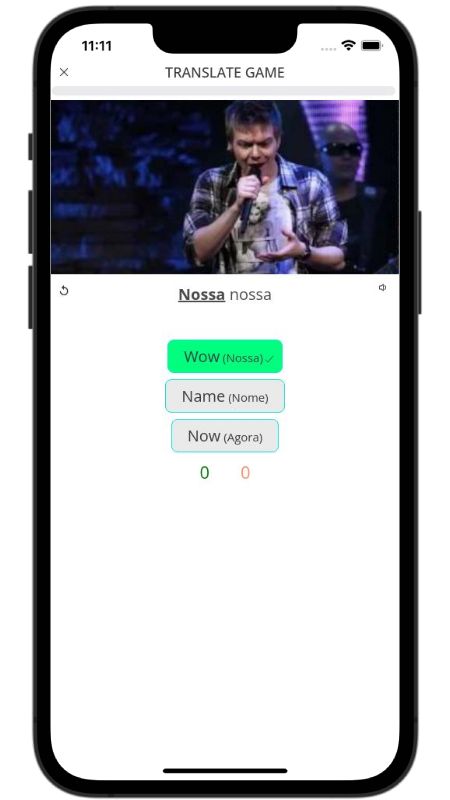Vagabunda Lyrics in English Clarice Falcão
Below, I translated the lyrics of the song Vagabunda by Clarice Falcão from Portuguese to English.
Verse 1
We're just extras
In the corner of the same scene of an action movie
Dying discreetly in the same explosion
We're collateral damage
From a deliberate train wreck
That didn't kill anybody, but was almost fatal
So why don't you come?
Have a beer with me, b*tch
'Cause I know the b*tch I am
Notice what a deep connection
From having shared the same love
Verse 2
We're collateral damage
From a deliberate train wreck
That didn't kill anybody, but was almost fatal
We're just extras
In the corner of the same scene of an action movie
Dying discreetly from the same explosion
So give me your hand
Have a beer with me, b*tch
'Cause I know the b*tch I am
Notice what a deep connection
From having shared the same love
Give me your phone number, enemy
'Cause only you will understand
That pain in the gut
Call me, 'cause I'm just like you
Have a beer with me, b*tch
'Cause I know the b*tch I am
Notice what a deep connection
From having shared the same love
Give me your phone number, enemy
'Cause only you will understand
That pain in the gut
Call me, 'cause I'm just like you
Did you like this lyrics translation?
Did you know?
In addition to reading lyric translations, you can now learn Portuguese with music and lyrics from your favorite artists.
No more boring lessons. You can now learn with engaging and culturally relevant lyrics from the best artists.
Apple and App Store are trademarks of Apple Inc.
Google Play and the Google Play logo are trademarks of Google LLC.
iOS AppAndroid AppWeb LessonsFree PDF WorksheetsJoin ClassroomLyrics TranslationBlogAbout UsBuy as GiftLifetime
